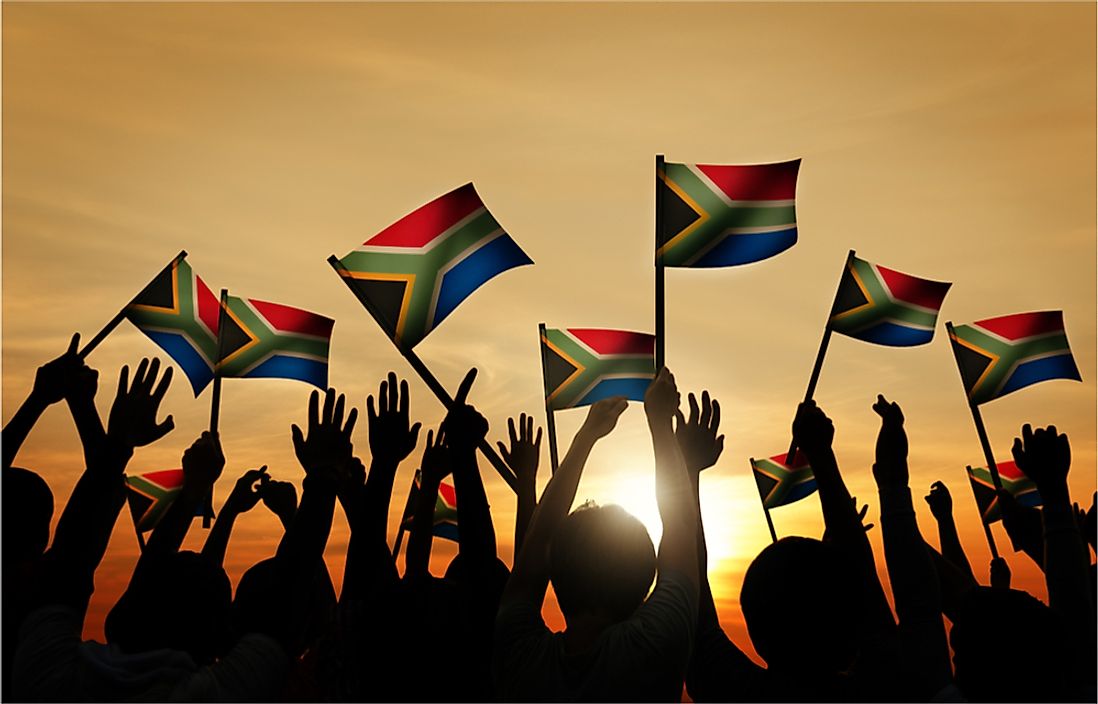Who Is Steve Biko?

Steve Biko was an activist who fought against the apartheid in South Africa. He organized grassroots campaigns against the apartheid under what he named the 'Black Conscious Movement.' While pursuing a degree in medicine at the University of Natal, Biko enrolled in the National Union of South African Students (NUSAS), a body that fought for equal rights. The inclusion of white liberals in the NUSAS made Biko reconsider the effectiveness of multi-racial political activism, and caused Biko to create South African Students’ Organization (SASO), which he hoped would attract membership from black Africans.
Early Life
Bantu Stephen Biko was born on December 18, 1946, to Mzingaye Mathew Biko and Alice Biko. He was raised in King William’s Town, where his father worked as a police officer. However, it was the poor working conditions experienced by his mother, who was employed as a domestic worker, that politicized Steve Biko. His father died when Steve was four years old, leaving his unemployed mother to cater for their needs.
Biko studied at St. Andrews Primary School for two years before transferring to Charles Morgan Higher Primary, which is based in Ginsberg. His good performance inspired the community to offer him a chance in 1964 to study at the prestigious Lovedale school, which was located in Eastern Cape. However, he was later expelled for allegedly developing a connection with Poqo, an armed branch of the Pan Africanist Congress.
Activism
Biko was interested in the law, but was discouraged by close friends who viewed the law as too closely connected to political activism. Therefore, he chose medicine instead with a hope of securing a better future. As a member of NUSAS, he attended the University Christian Movement conference in July 1968, which was held in Stutterheim, South Africa. It was here that black members, most of them Africans, decided to hold another conference in December of that same year for the purpose of planning the formation of an organization for black students only.
In July 1969, the South African Students’ Organization (SASO) was officially launched, and the guiding policies and constitution were approved. Biko did not contribute substantially to the initial stage, hoping to strengthen his leadership as the group progressed. As a reader, Biko borrowed heavily from the writings of Malcolm X and Frantz Fanon, individuals who agitated for Black Consciousness, an ideology that he had developed. In 1971, in one of the manifestos of SASO, the Black Consciousness ideology, was termed “an attitude of mind, a way of life." The basic tenet of Black Consciousness is that blacks must reject all value systems that seek to make them foreigners in the country of their birth, and reduce their basic human dignity.
Later Years and Death
Although Biko was banned from traveling outside King William’s Town, he left to Cape Town with the intention of meeting Neville Alexander, a Unity Movement president. As he drove back to King William’s Town, Biko was arrested and incarcerated at various police stations under harsh conditions. He was seriously beaten by officers, resulting in a brain hemorrhage and later other complications that led to his death on September 12, 1977.







